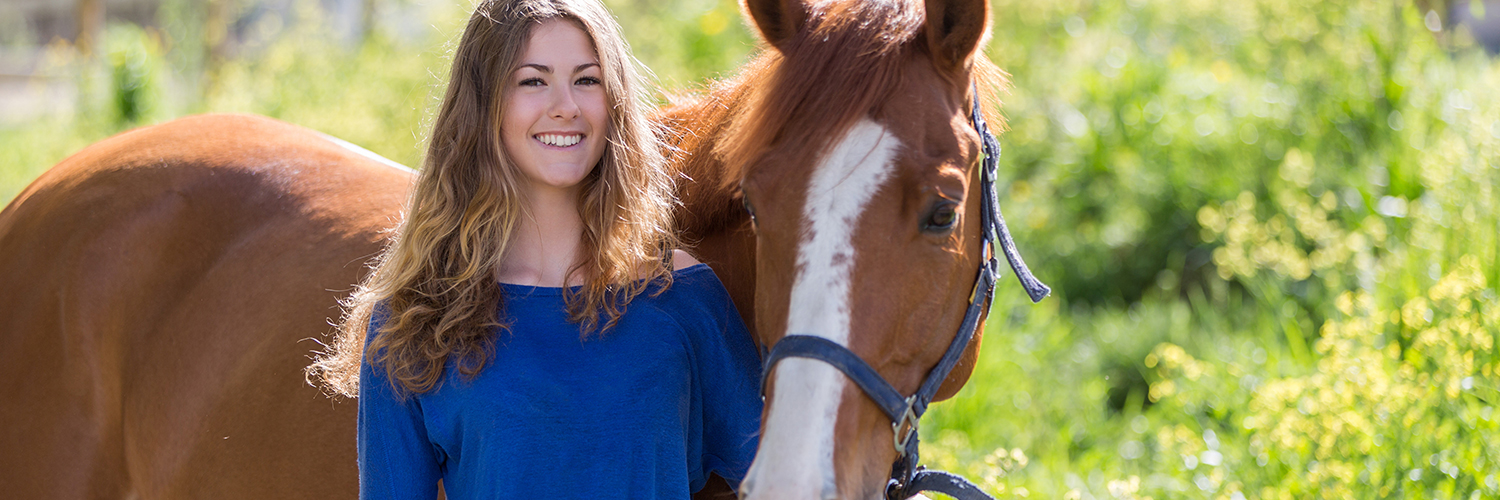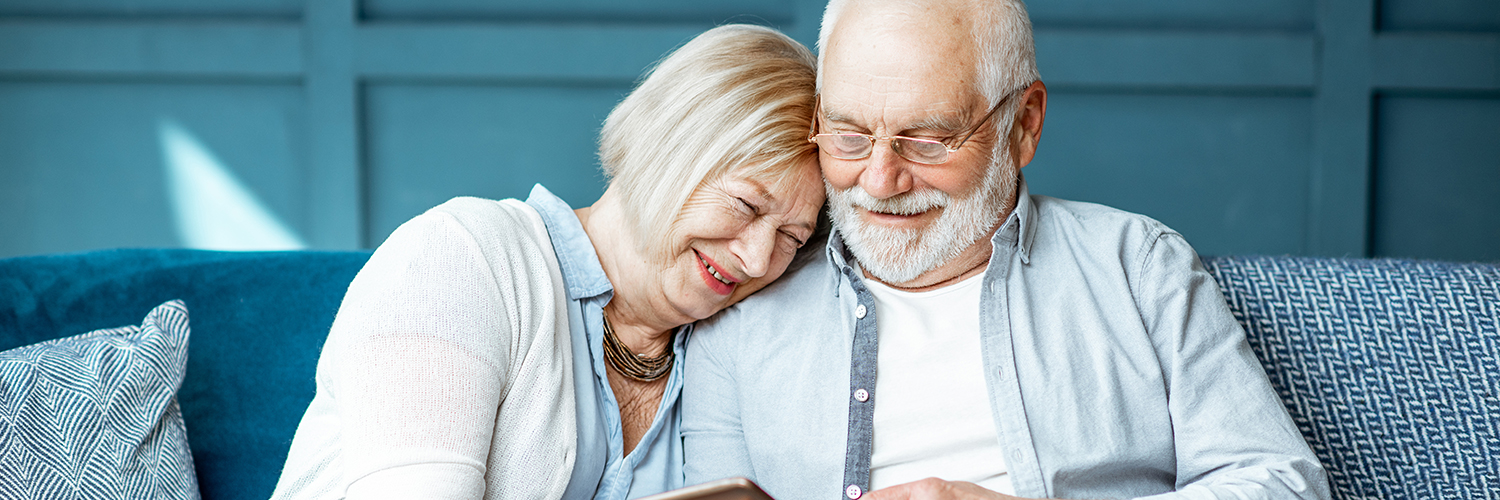HOLTER MONITOR
What is a Holter monitor?
A Holter monitor is a wearable device and type of ambulatory electrocardiogram that records your heart’s rhythm and rate activity. It gives your provider a full picture of what your heart rhythm and rate does as you go about your life.
This monitor is:
- Small, about the size of a mobile phone.
- Battery operated.
- Equipped with wires and electrodes (small patches) that stick to your skin.
A Holter monitor records your heart’s electrical activity for 24 or 48 hours. While you wear it, you continue to do your regular daily activities. The Holter monitor is named for Dr. Norman J. Holter, who created it in the 1950s.
Does wearing a Holter monitor hurt?
No, wearing a Holter monitor isn’t painful.
Who needs a Holter monitor?
You may need a Holter monitor if you have an inconclusive electrocardiogram (ECG), a type of heart test. An inconclusive ECG means it didn’t provide clear results.
Maybe you saw your doctor because of signs of a heart rhythm problem — like your heart is racing or fluttering. Or you had unexplained fainting.
Your provider decided to do an ECG to find the problem. But the ECG only records your heart for a short period. Heart symptoms don’t always happen while you’re in the provider’s office.
If the ECG doesn’t tell your provider what they need to know, a Holter monitor can help. It gathers more information about your heart’s activity. You wear it for a full day or two, giving it more chances to spot unusual activity.
What conditions can a Holter monitor find?
A Holter monitor can find the cause of:
- Arrhythmia (heart rhythm abnormalities).
- Heart palpitations.
- Unexplained dizziness.
Your provider can also use a cardiac monitor to determine how well your:
- Heart is getting oxygen.
- Heart medications are working.
- Pacemaker is working.
When would a Holter monitor not be appropriate?
If you need urgent treatment for heart symptoms, then a Holter monitor would not be appropriate. Providers don’t recommend a cardiac monitor if it delays urgent care. Providers also do not use a Holter monitor for routine screening if you don’t have symptoms.
What’s the difference between an EKG and a Holter monitor?
An EKG measures your heart’s activity at that moment in time, as you’re having the test. But your heart’s rhythm and symptoms can change over the day.
Your provider may want to see how your heartbeat changes during the day as you do your regular activities. The heart monitor gives your provider a fuller picture of your heart rhythm.
What’s the difference between Holter and event monitoring?
A Holter monitor records your heart continuously for 24 or 48 hours. An event monitor is not continuous. It only records your heart’s activity when you feel symptoms and activate the monitor.
How do I prepare for a Holter monitor?
You don’t need to do anything special to prepare for a Holter monitor. The technician may need to shave your chest where they attach the electrodes.
What should I expect when wearing the Holter monitor?
A technician connects you to the heart monitor and provides instructions. Here’s what you can expect:
- Attach the electrodes: The technician attaches the electrodes to your chest. The electrodes are small, round, sticky patches. They might need to shave your chest to make sure the electrodes stay attached.
- Place the monitor: The technician helps you put on the monitor and connect it to the electrodes. They explain how to take care of the monitor.
- Store the monitor: You can carry the heart monitor in a pocket or bag. Or you can wear it on a strap, like a purse. You can also wear it on your waist.
- Go about your day: You can do most of your usual activities while you wear the monitor.
- Keep an activity and symptom diary: Your technician explains how to keep track of your activities and symptoms. Write down symptoms such as shortness of breath, skipped or uneven heartbeats and chest pain. Jot down when the symptoms happened and what you were doing. Your provider will compare changes in your EKG with your symptoms and activities.
Are there activities I should avoid while wearing the Holter monitor?
While wearing your cardiac monitor, don’t:
- Bathe, shower or swim.
- Have an X-ray.
- Go near a high-voltage area or metal detector.
What happens after I finish wearing the Holter monitor?
After the 24- or 48-hour period:
- You return the monitor to the technician.
- The technician processes your records, including the EKG and your notes, and sends a report to your provider.
- You get the results of the test within a week or two.
Your provider may recommend:
- More cardiac tests.
- Heart medications.
- Pacemaker.
- Cardioversion procedure to help your heart return to a steady rhythm.
- Ablation (a treatment that uses hot or cold energy to create scar tissue) of abnormal rhythm.
What are the risks of wearing a Holter monitor?
A Holter monitor has no risks or pain associated with it.
The electrodes attach to your chest with tape. The tape might cause some itchiness or irritation. Let your provider know if you have any allergies to tapes or adhesives.
When will I get the results for the Holter monitor?
Your provider will call you with the results within a week or two after the test. The results may show that the heart monitor detected a heart rhythm disorder (arrhythmia), such as:
- Atrial fibrillation.
- Bradycardia.
- Tachycardia.
- Premature ventricular contractions (PVCs).
Your provider will discuss the next steps with you. You may need heart rhythm medications or further testing.
What should I ask my provider about the Holter monitor?
If your provider recommends a Holter monitor, ask:
- Will I need the Holter monitor for 24 or 48 hours?
- Why do I need the monitor?
- When will I learn the results from the Holter monitor?
- What might I need to do based on the monitor results?
- What treatments or other tests might I need after the Holter monitor?
A Holter monitor provides a picture of your heart’s activity over 24 or 48 hours. It can help your provider diagnose the cause of a heart issue that doesn’t show up on an EKG. You wear the Holter monitor while you go about your regular activities. It helps your provider figure out what’s causing your heart flutters, racing heart or dizziness. The test is painless. After you finish the test, your provider discusses the results and next steps. You may need further testing or medication.
Dr Ubaid works well with all the staff. His approach to his fellow workers is both patient and respectful. His easy going manner makes him very approachable to ask advice and he accommodates any delays graciously. I personally look forward to working with him.
In life we all need role models, if I was in training to be a doctor you would certainly fit that role for me. I thank you so much for what you have done to allow me to continue with my fitness regime and wish you well in the life ahead of you.
In Dr Salahaddin Ubaid I had a medical genius who also contributed significantly to aiding me overcome all of the negative worries and emotions I was feeling. The care he provided to me, his attention to detail, his personal knowledge, expertise, experience and skills was outstanding.
Your kindness and good humour were very much appreciated and certainly put me at ease throughout the procedure, which on other ocassions has been quite daunting, your relaxed approach to my problem was very calm and professional.
His presence radiates a warmth, he instils confidence in all those around him, he sets an example for others to follow and is a role model for others to aspire to be like. He was kind, courteous, professional, understanding, caring and highly approachable and relatable as well as the medical guru we all benefit from and rely on to give us our lives back.
What I valued as much as his erudition was his people skills, he related to everyone as an individual, his understanding, communications, interactions and personable nature were exceptional. Dr Ubaid was quite simply staggering, he is somebody that has had a significant impact on me, not just for giving me my life back and for his medical genius but for being the person that he is.
A great team player, all of the nursing staff are very happy to work with Salahaddin as he is polite, efficient, and has a great aura of calmness and competence and appreciates the time to be light-hearted.






